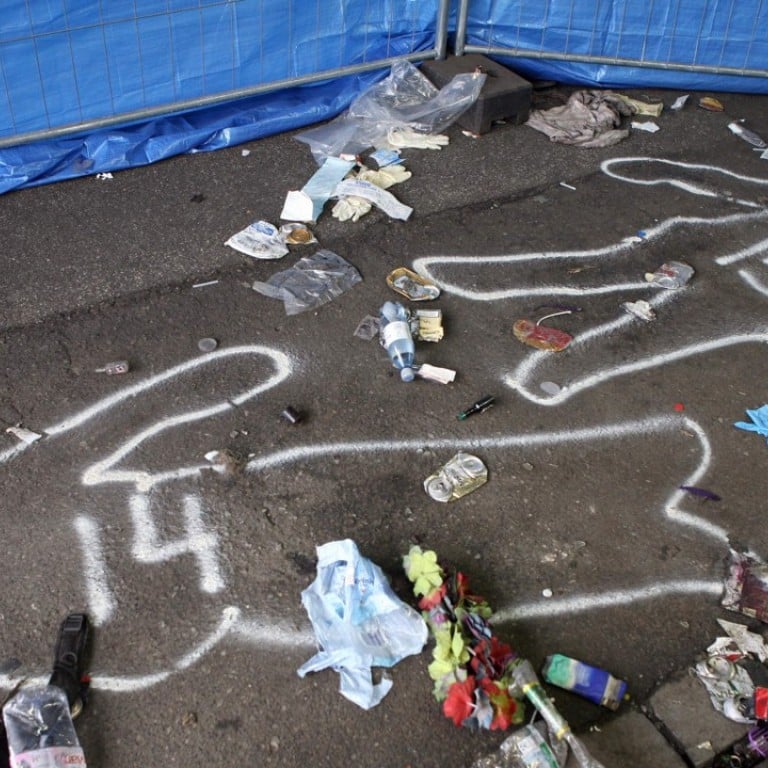
Germany’s Love Parade organisers on trial over deaths
Organisers of Germany’s 2010 Love Parade went on trial on Friday for their roles in the deaths of 21 young people during a catastrophic stampede at the popular street festival.
Four staff members from the event company Lopavent and six officials from Duisburg, in western Germany, face charges of negligent manslaughter and bodily harm over the disaster.
Thirteen women and eight men were crushed, trampled to death or suffocated on July 24, 2010 when panic broke out in a narrow tunnel that served as the only entrance and exit to the techno music event.

More than 650 people were also injured in the stampede that saw victims squashed against fences and walls.
The long-awaited trial is one of the largest criminal cases Germany has ever seen, with the accused being represented by 32 lawyers while survivors, acting as co-plaintiffs, have enlisted nearly 40 lawyers.
The scale of the trial and the huge public interest have forced court officials to move the proceedings to a 500-seat convention hall in nearby Düsseldorf.
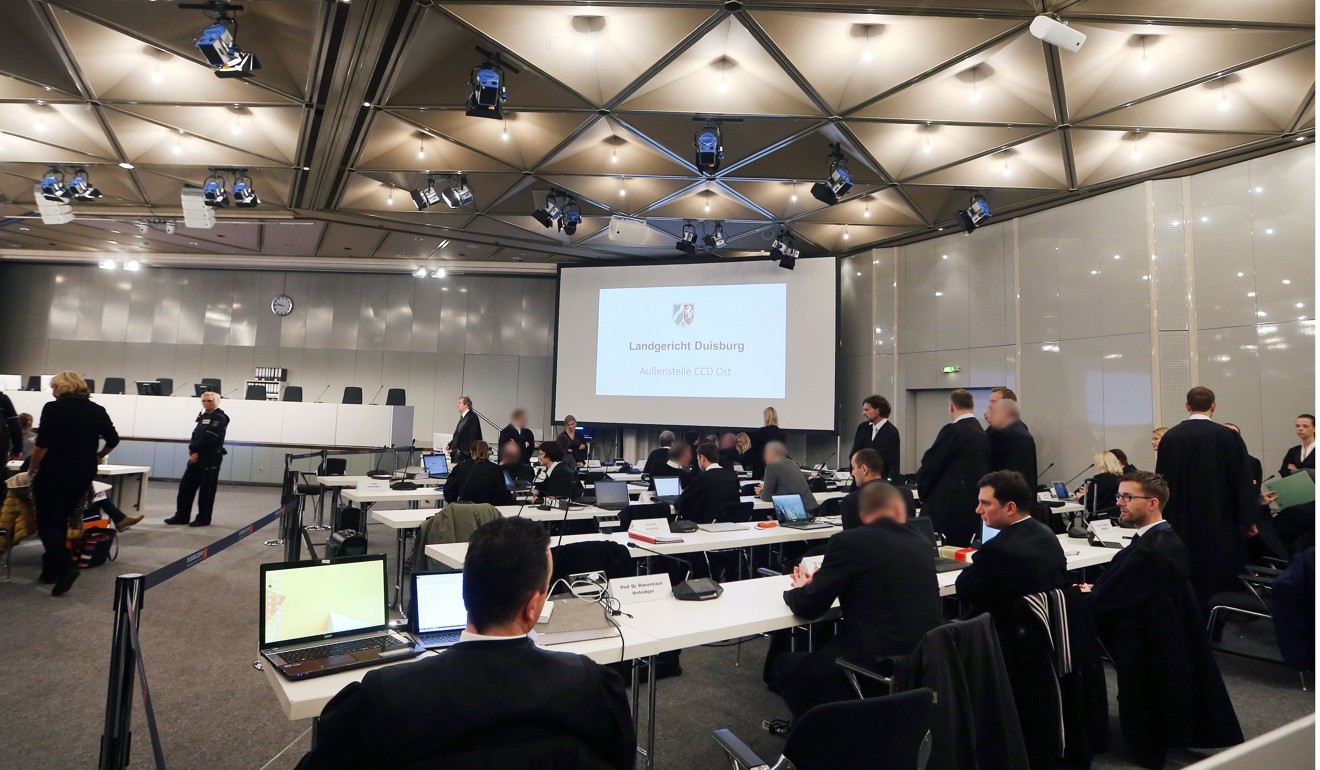
Love Parade founder DJ Dr Motte said he hoped the trial would “shed full light” on exactly how the tragedy happened.
“That’s what the parents want, and that’s what matters most,” he told DPA news agency.
The trial almost never saw the light of the day after a regional court in 2016 dismissed the charges against the 10 suspects, citing of a lack of evidence.
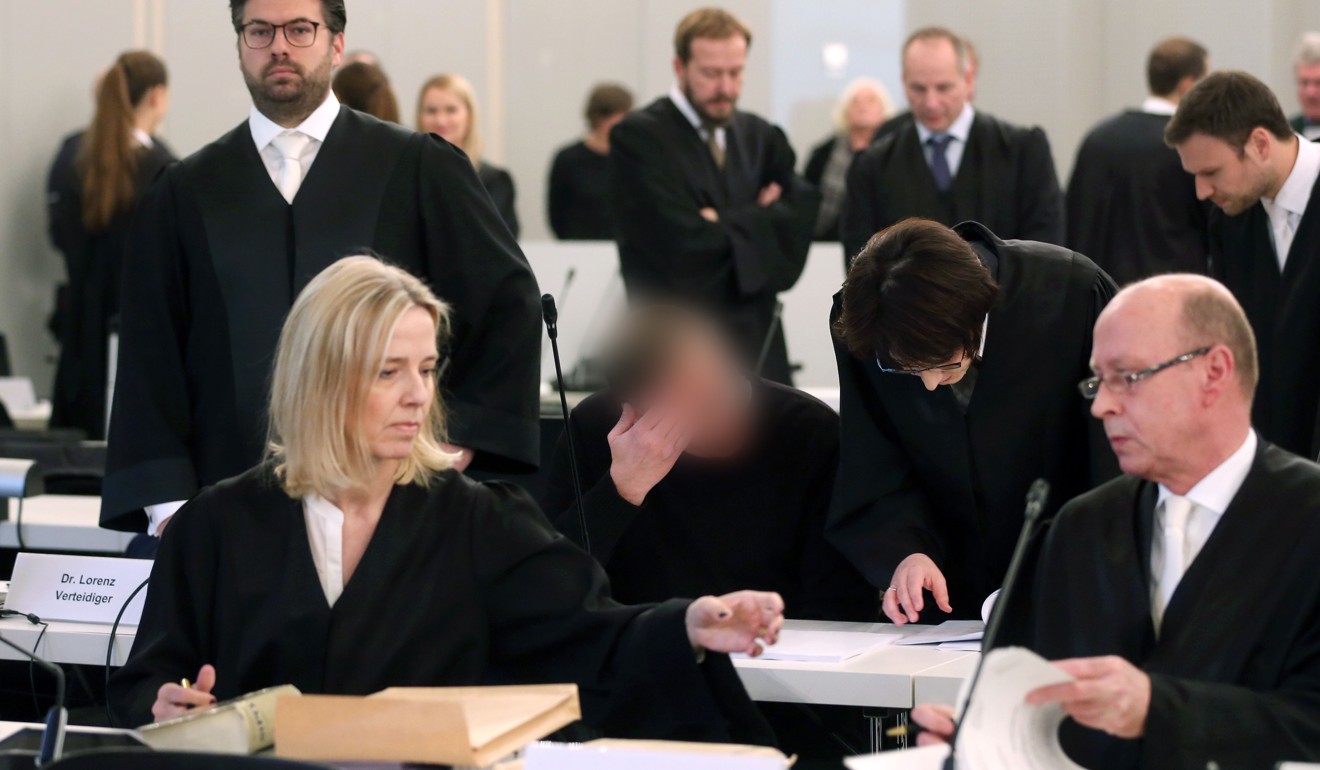
The decision enraged victims’ families who have long blamed organisers for the chaotic crowd management and believe the stampede could have been avoided with better planning.
A Düsseldorf appeal court overturned the ruling this year, finally allowing the trial to go ahead.
Prosecutors intend to argue that organisers failed in their duty of care by only providing a single access path that was too narrow to handle the hundreds of thousands of revellers.
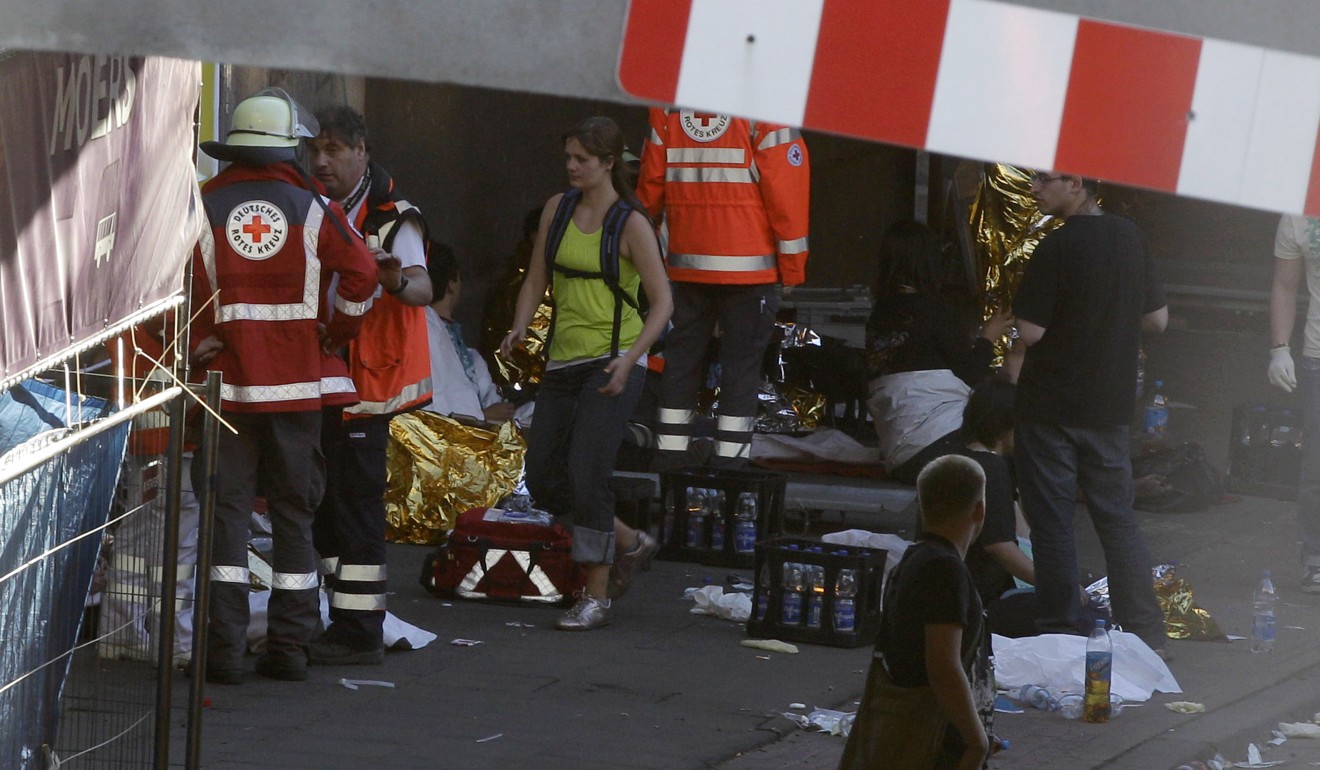
If convicted, the accused face five years in prison.
It is unclear how long the trial will last but a verdict has to be reached by the summer of 2020 to fall within the statute of limitations.
The 21 victims were aged between 17 and 38 and came from Germany, Australia, Italy, the Netherlands, China and Spain.
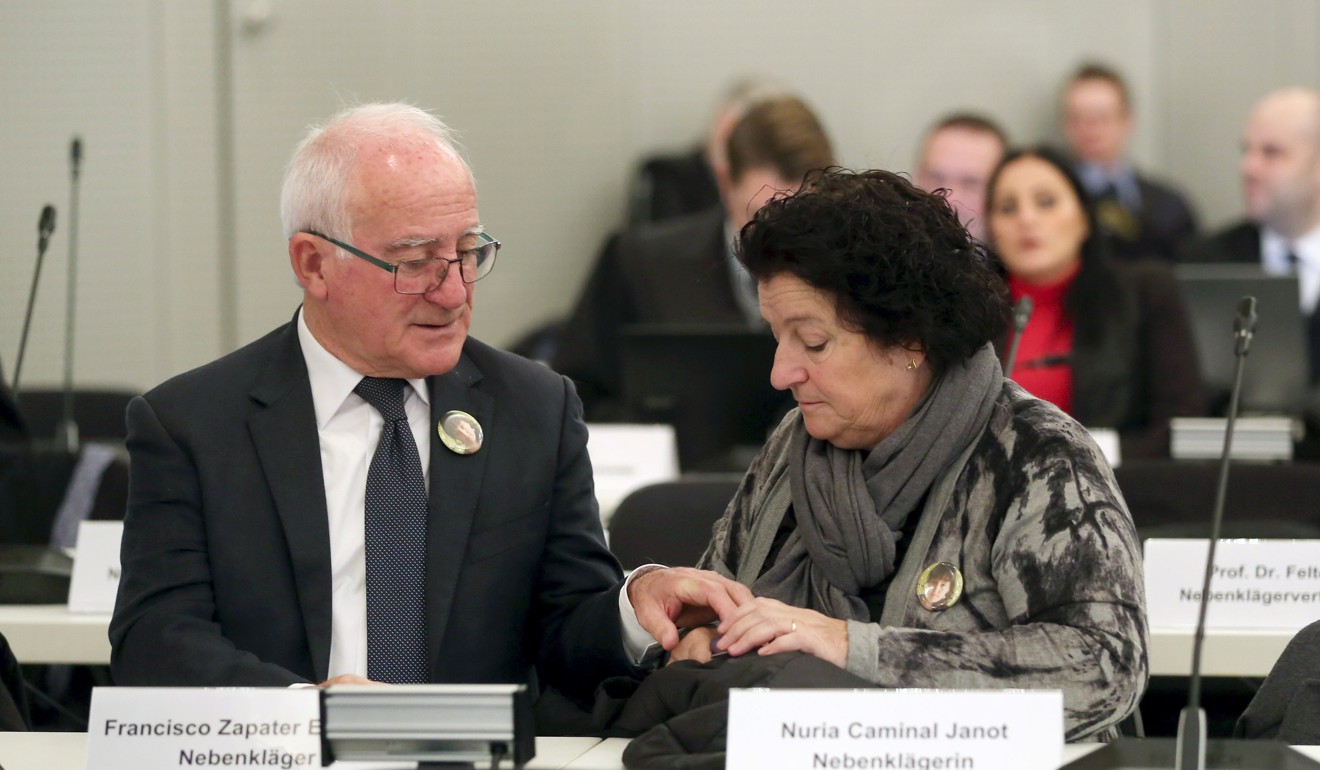
The Love Parade started as an underground event in the former West Berlin in 1989 before moving to other German cities, at times drawing over a million revellers.
The 2010 tragedy led organisers to declare that the Love Parade would never be held again “out of respect for the victims”.

.png?itok=arIb17P0)